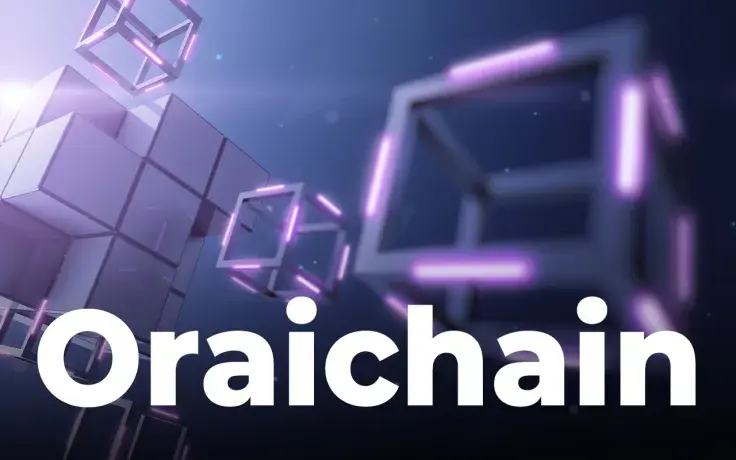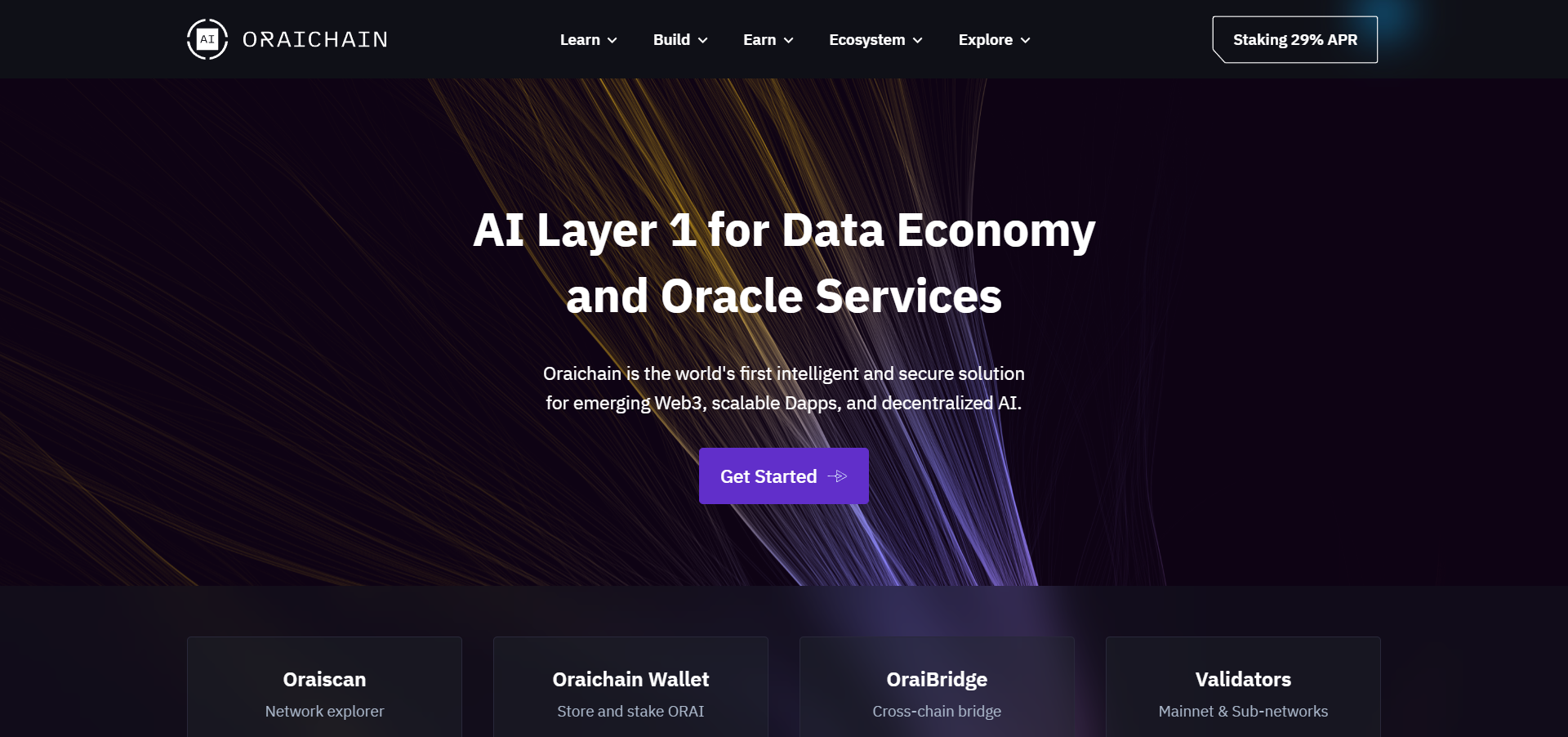
The Oraichain team addresses artificial Intelligence-powered blockchain infrastructure and oracle systems. Now, it is ready to advance the developer experience and functionality of Avalanche-powered decentralized applications (dApps).
Oraichain releases Verifiable Random Function (VRF) on Avalanche
According to the official announcement shared by Oraichain, an AR-powered infrastructure builder for various blockchain systems, its fully on-chain Verifiable Random Function (VRF) is succesfuly launched on Avalanche (AVAX).

Once Orachain releases its product on Avalanche (AVAX), all developers focused on this blockchain will receive a publicly verifiable random number generator for their needs. For instance, it eliminates the need for gambing protocols and DeFi platforms to connect third-party solutions through APIs.
Using a decentralized oracle platform reduces the possibility of attacks: no malefactor can corrupt on-chain solutions or somehow interfere with them.
To accomplish this goal, the tamper-proof and transparent Verifiable Random Function (VRF) by Oraichain utilizes the group signature verification process. As a dApp requests verified randomness, Orachain transfers it through the Orachain-Avalanche bridge in a nearly instant noncustodial manner.
First-ever VRF module for low-code programmers
The same cross-chain bridge is used to send publicly verifiable random value to the VRF contract, and then, to a requesting decentralized application (dApp).
Oraichain CEO Chung Dao stresses the importance of this release for Avalanche-focused developers and the entire Web3 infrastructure segment:
With the introduction of Oraichain VRF 2.0, for the first time ever, Dapps running on Avalanche are now provided with a fully on-chain VRF service that are publicly verifiable and impervious from known abuses like rewrite attacks or rerolling.
Due to its plug-and-play Lego-like structure, Oraichain VRF 2.0 can be used and integrated even by developers with limited skills in smart contracts programming.
As such, the release of this protocol can support application migration from Web2 to Web3.
 Yuri Molchan
Yuri Molchan Tomiwabold Olajide
Tomiwabold Olajide Godfrey Benjamin
Godfrey Benjamin Gamza Khanzadaev
Gamza Khanzadaev Arman Shirinyan
Arman Shirinyan